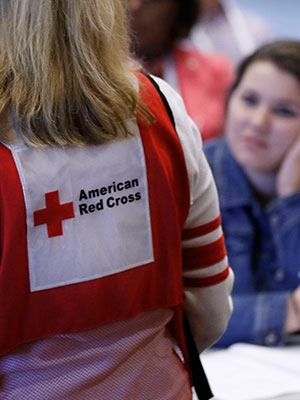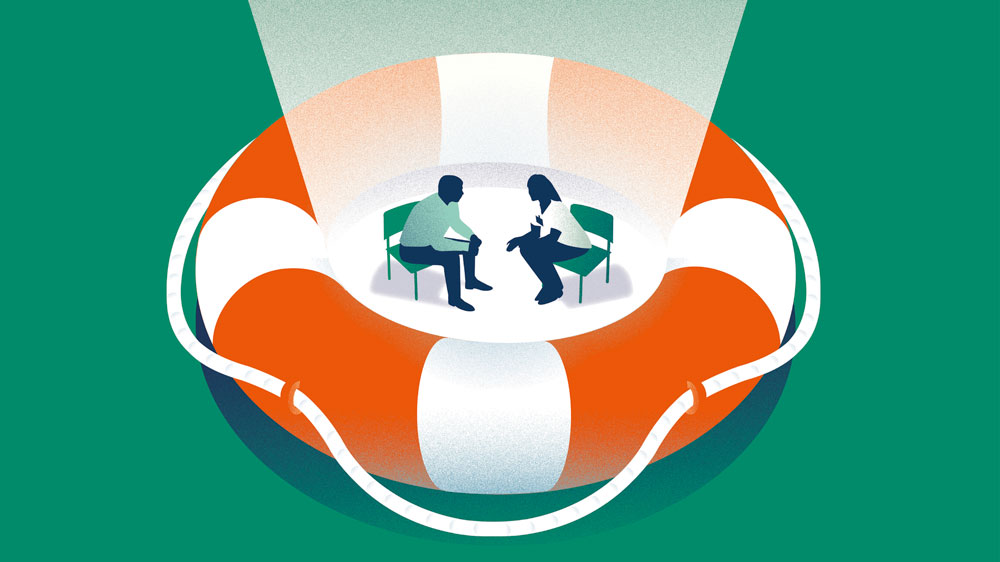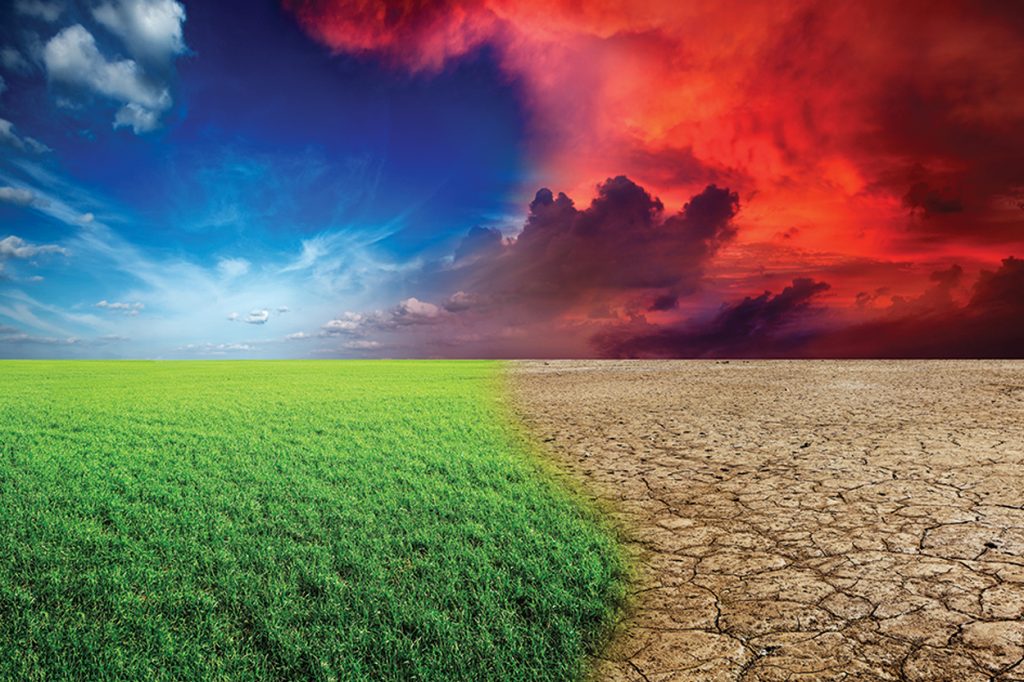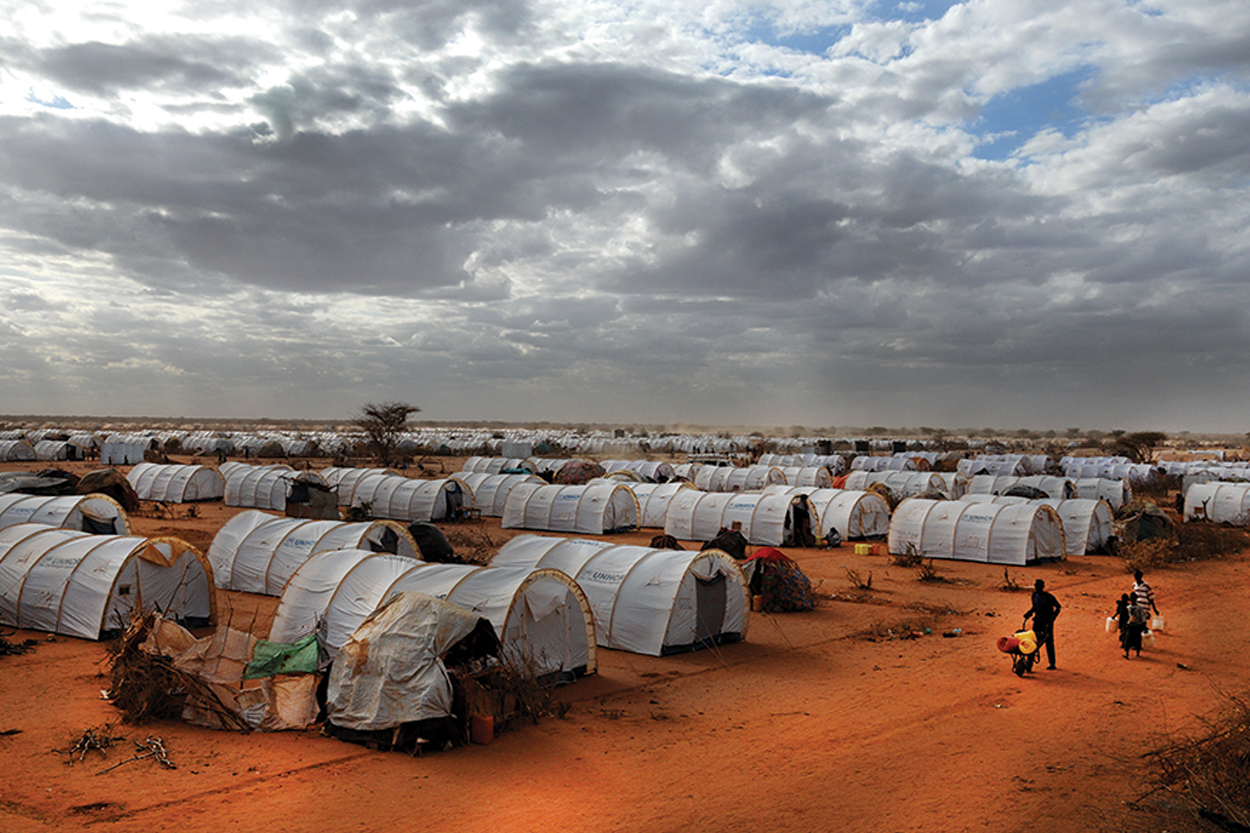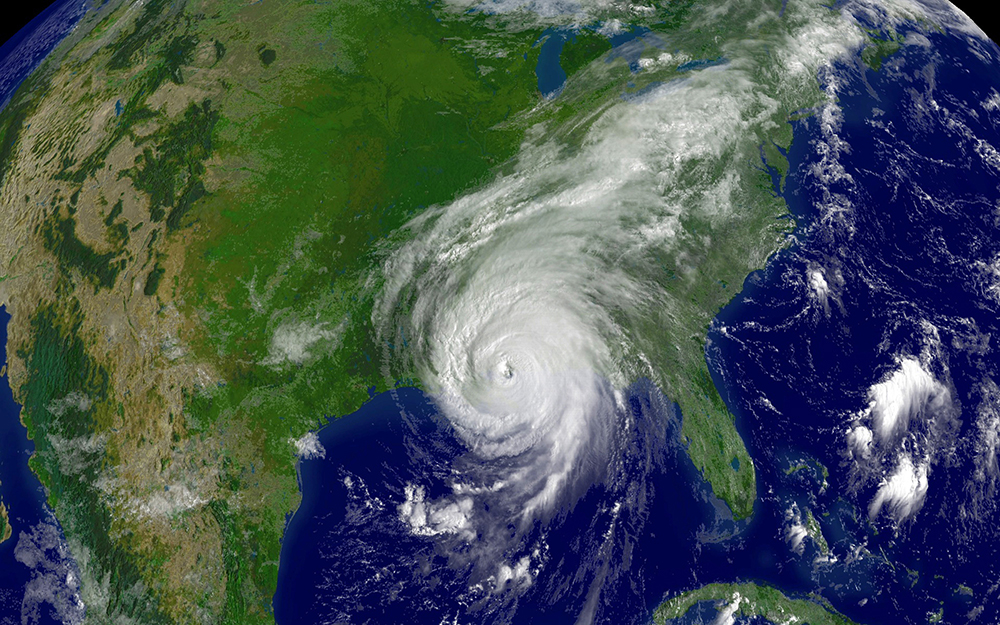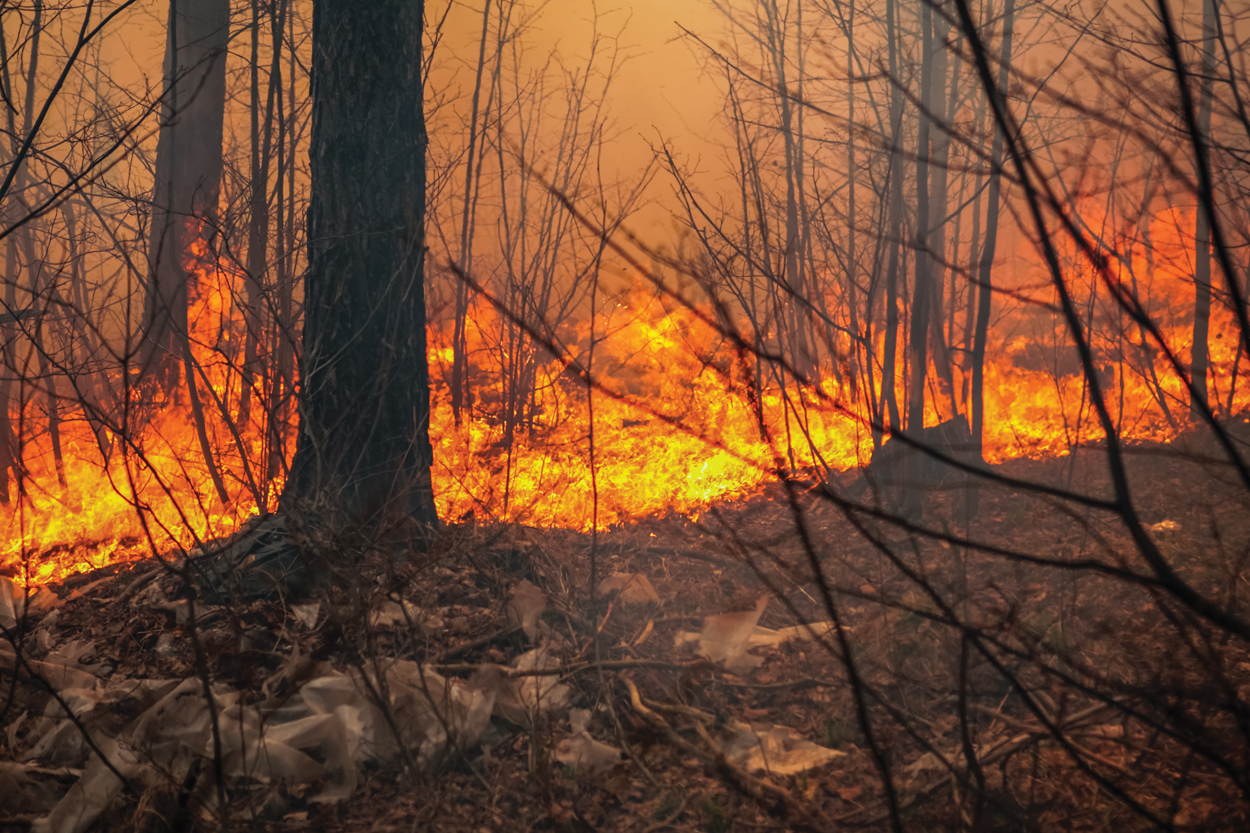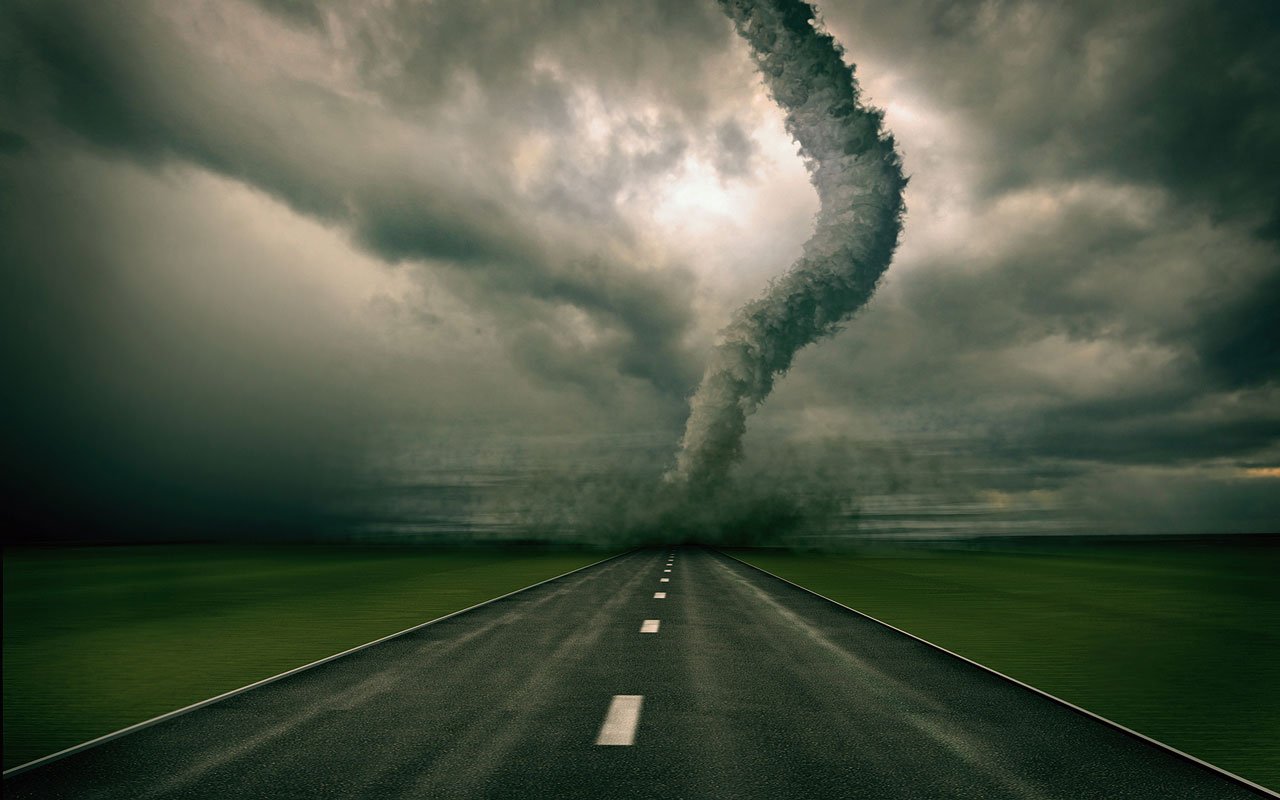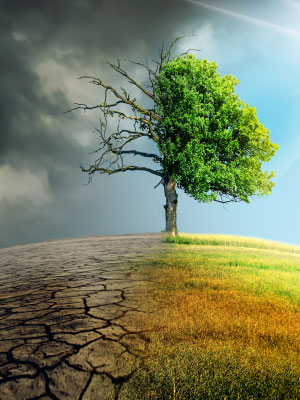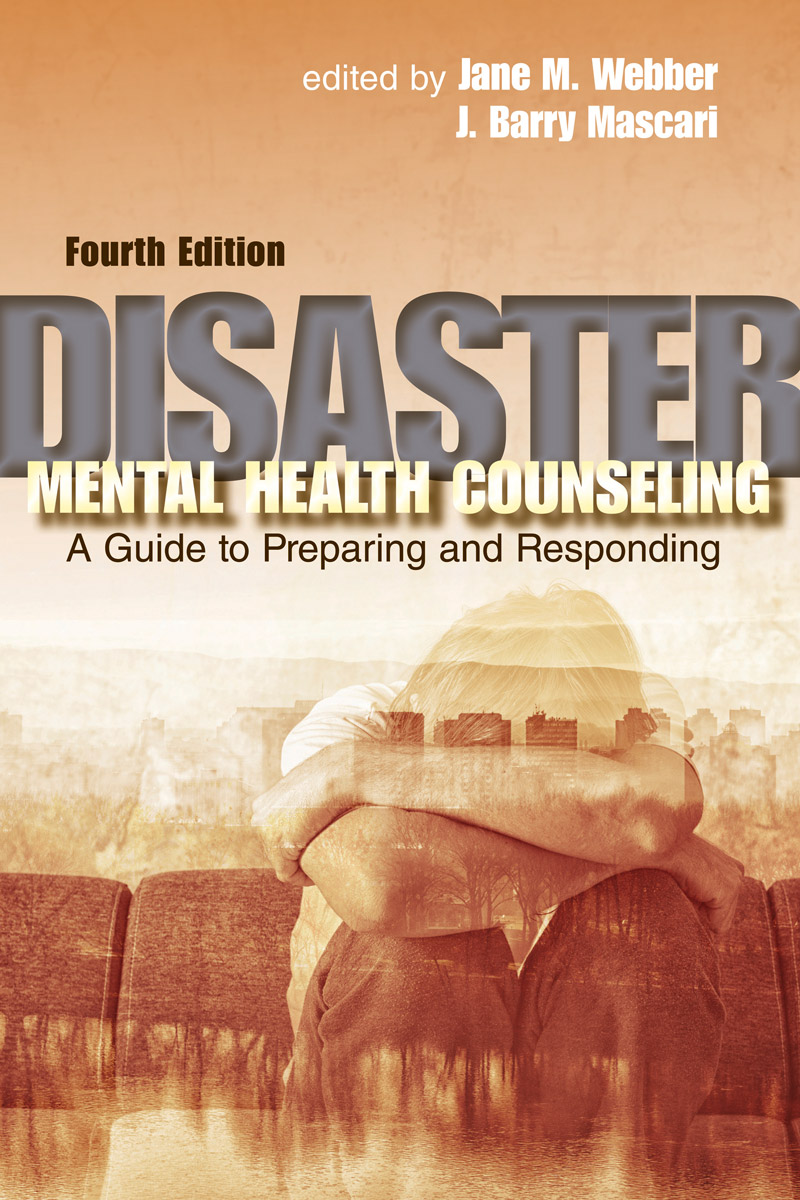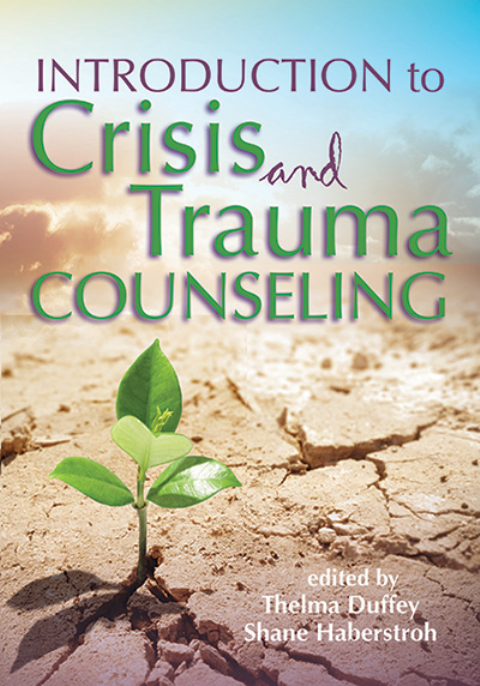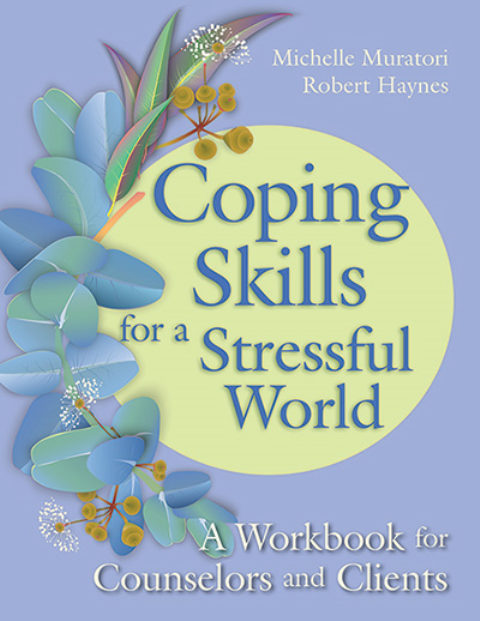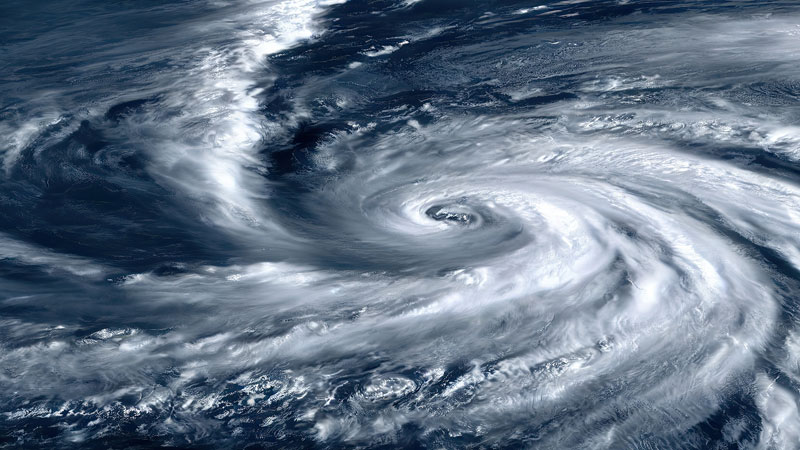
Addressing trauma in the wake of natural disasters
Natural disasters, which are associated with destruction as well as loss of loved ones and irreplaceable belongings, can often overwhelm one's normal coping capacity. Disasters also tend to stress emotional, cognitive, behavioral, physiological, and religious/spiritual beliefs. Community support and mental health resources are crucial in helping affected populations cope and recover.
Volunteer with the American Red Cross
The American Red Cross urgently needs licensed mental health professionals to volunteer for national deployments to communities impacted by large-scale disasters like Hurricanes Helene and Milton.
LEARN MORERelated Articles from Counseling Today
Identifying & Expanding Coping Resilience Post-Disaster Using the BASIC-Ph Model
In this presentation, Dr. Lauren Shure guides participants through effective approaches to strengthen coping resilience after traumatic events, with a particular focus on the impacts of Hurricanes Helene and Milton.
LEARN MORETrauma & Stress-Related Disorders
Trauma is a strong emotional response to distressing events, including abuse, which involves harmful mistreatment. Both can lead to physical and emotional symptoms, affecting mental health in the long term.
Wellness & Self-Care
Essential strategies for counselor well-being
Counselors set clear boundaries and manage their professional responsibilities, wellness and self-care so they can maintain their capacity to perform professional functions.
Psychological First Aid
The Psychological First Aid gives guidance on responding to disaster or terrorism events. The manual includes in-depth information about each of the eight core actions and accompanying handouts for adults, adolescents, parents and caregivers, and providers.
LEARN MORECounseling Corner Blog
-
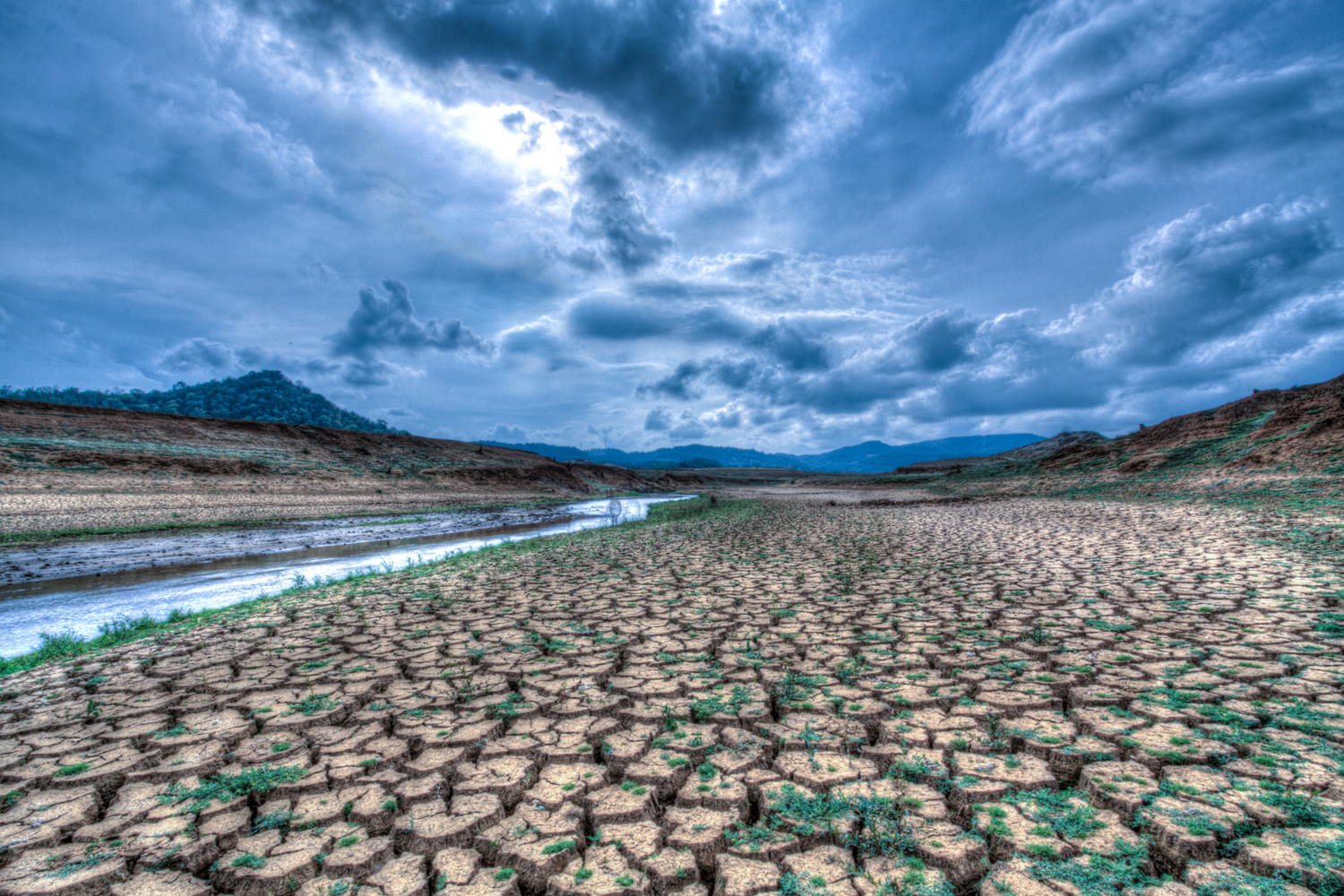 Learning to Build Resilience in the Face of "Climate Anxiety"Nov 30, 2021|3 min read
Learning to Build Resilience in the Face of "Climate Anxiety"Nov 30, 2021|3 min readUnprecedented winter storms with accompanying statewide power outages in Texas. Unimaginable heat waves and wildfires in the Pacific Northwest. Record-breaking snowfall in Spain. Major flooding, cyclones and hurricanes around the globe.
